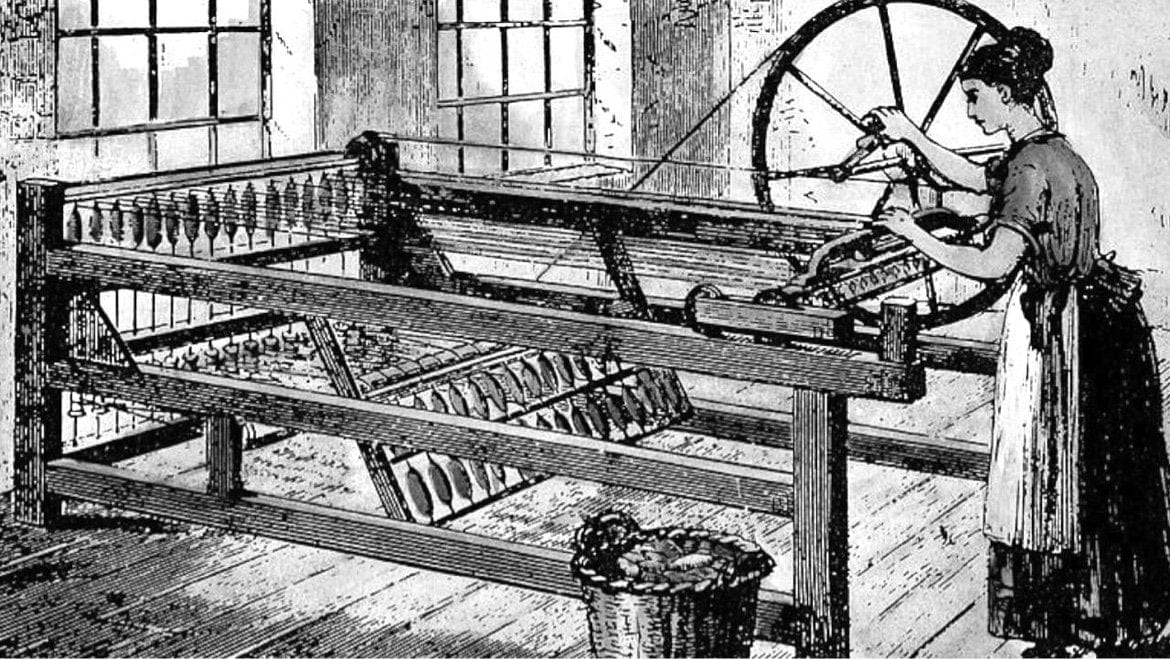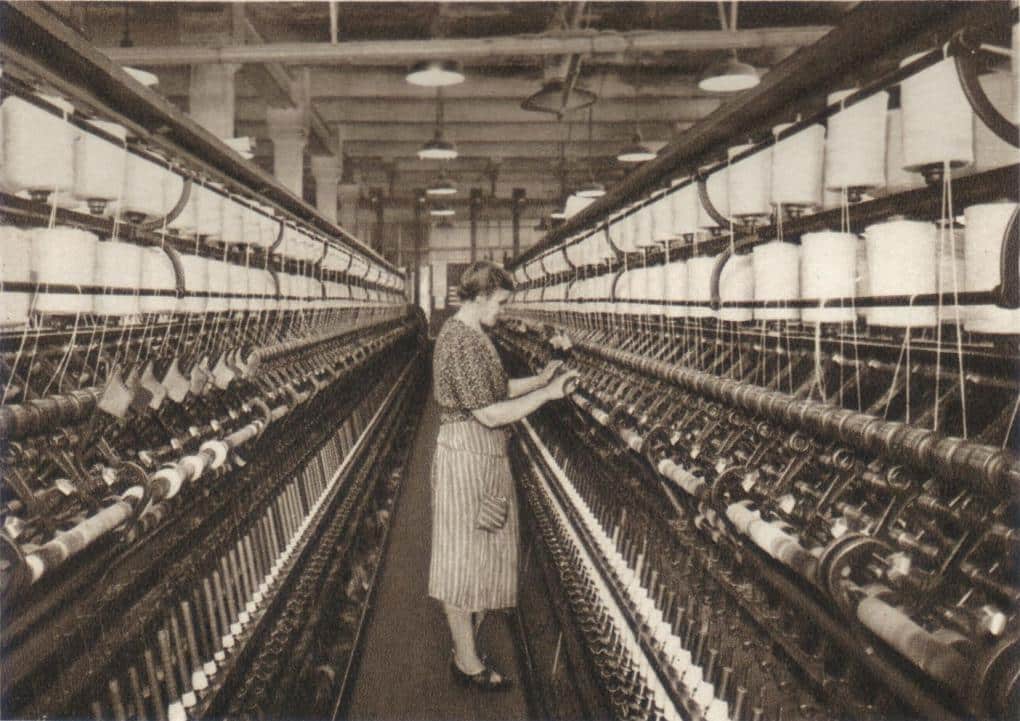A evolução da fiação na produção de tecidos denim

Introduction to Denim and Spinning
Denim fabric is a cornerstone of fashion, known for its durability and timeless appeal. But have you ever wondered, do que é feito o tecido jeans and how it’s crafted? The secret lies in the spinning process—the art of turning raw fibers into yarn. Today, we’ll explore the history of spinning and its pivotal role in creating the denim fabric we love, from jeans to upholstery.
The Early Days: Manual Spinning
Before the Industrial Revolution, spinning was a hands-on task. Artisans used simple tools like spindles to twist fibers—usually cotton—into yarn. This labor-intensive method laid the groundwork for denim’s rugged charm but couldn’t keep up with growing demand.

Manual Spinning
Ring Spinning: The Classic Technique
Fast forward to 1828, when the first ring spinning machine was invented in the United States. This innovation revolutionized textile production. Ring spinning twists fibers into a tight, strong yarn, making it ideal for denim fabric. By the early 20th century, it was the go-to method for denim producers.
- Why it ruled: Ring spinning creates a smooth, high-quality yarn, perfect for the sturdy weave of denim fabric by the yard.
- Fun fact: In the 1920s, ring spinning machines were a common sight in textile mills, churning out yarn for iconic denim jeans.

1920s ring spinning machine
Open-End Spinning: The Modern Shift
In 1963, Czechoslovakia introduced open-end spinning (also called rotor spinning), shaking up the denim industry. By the 1970s, denim makers embraced this faster, more cost-effective method. Unlike ring spinning, open-end spinning uses air to twist fibers, producing a softer, slightly fuzzier yarn.
- Prós: Higher output and lower costs—great for mass-produced denim.
- Contras: The yarn is less uniform, which some say lacks the “authentic” denim feel.
The Comeback of Ring Spinning
Today, ring spinning is making a big comeback. Why? Two trends are driving this shift:
- Stretch Denim: Stretch yarns, blended with materials like spandex, require ring spinning for their elasticity—a must for modern skinny jeans.
- Authentic Denim Demand: Consumers crave the classic look and feel of ring-spun denim, often sold as tecido jeans por metro for custom projects.
How Is Denim Fabric Made Today?
Então, como é feito o tecido jeans in 2023? It starts with cotton (or a cotton blend), which is spun into yarn using either ring or open-end methods. The yarn is then dyed—typically with indigo—and woven into the signature twill pattern of denim. The choice of spinning method affects everything from texture to durability, making it a key factor in denim’s versatility, from clothing to tecido de estofamento jeans.
Por que isso é importante para você
Whether you’re a DIY enthusiast buying tecido jeans por metro or just curious about your favorite jeans, understanding spinning gives you insight into denim’s quality. Ring-spun denim offers a premium, vintage vibe, while open-end suits budget-friendly options.
Chamada para ação
Want to dive deeper into denim fabric types or source high-quality material for your next project? Visit us at lydenim.com or email Malone@lydenim.com for expert advice and top-notch denim!
